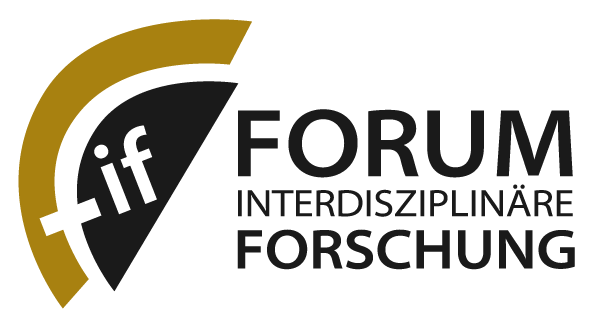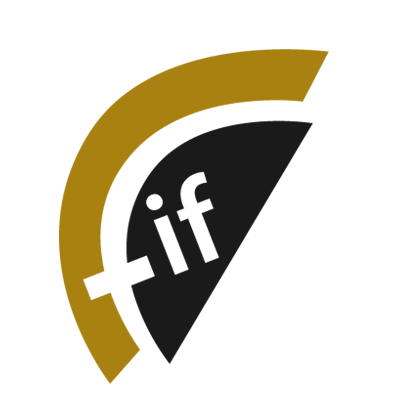SuBiTU
Period: 5.2017 – 4.2019
---
Project team:
M. Sc, Prof. Dr.-Ing. Matthias Oechsner | Dr.-Ing. Markus König | Anne Martin | FB16, Fachgebiet und Institut für Werkstoffkunde, Kompetenzbereich Oberflächentechnik
Dr. Bianca Bertulat | Christopher Keim, M. Sc. | Emilia De Caro, M. Sc | FB10, Zellbiologie & Epigenetik
In an ageing society, the need of bone implants and their efficient development is likely to increase continuously. However, their development is extremely time-consuming and relies on mandatory animal experiments, which reflect the physiological conditions in humans only in parts (e.g. differences in cellular environment and physical forces). Currently, there is no suitable model system that allows the analysis of early interactions of cells with the implant surfaces that are of utmost importance to the implant’s success (i.e. integration of the implant into the bone tissue).
The development of such a model system would allow to narrow down beneficial surface parameters without animal-testing and to systematically test biological effects of surfaces.
So motivated, we developed the Surface Biology Testing Unit (SuBiTU) to improve the accessibility of previously hardly or un-observable interactions between implants and cells in vitro. To this end, relevant surfaces were produced at the Center for Construction Materials (MPA-IfW), followed by characterization of their surface properties (AP1). In parallel, stable reporter cell lines and 3D culture systems were established in the cell biology and epigenetics group at the department of biology (AP2). Finally, the resulting biological and technical components complemented the jointly designed SuBiTU-life cell chamber, specifically constructed for implant probes (AP3). The respective chamber design was developed in a multi-step process and in close collaboration of both engineering and biology partners. Meanwhile, the SuBiTU-chamber was patented (DE 102018126486.0) and first results were published (Martin et a., 2018) as well as successfully presented on serveral conferences (Werkstoffwoche Dresden 2017, DVM Arbeitskreis “Zuverlässigkeit von Implantaten und Biostrukturen”, 2017). Moreover, the project contributed to the qualification of serval junior scientists and further publications are in preparation.



